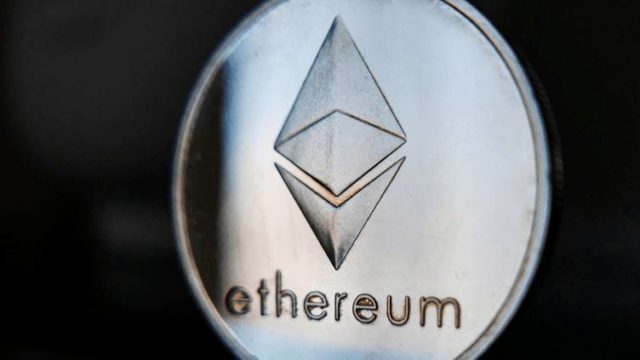That “life was serious” the poet Gil de Biedma realized at a certain age. And nature is much more interested. We have already seen some consequences of not preserving it. Fortunately, the part of the human productive fabric closest to common sense has been clustering around the concept of sustainability for some time. Reality gives of itself what it gives, whether we like it or not, and finances, the blood flow of said tissue, gradually understand it. Enrique Vinal, Head of Resources at Santander Espaà ± a and an expert in investment funds tries to expand the good (and essential) news as a volunteer trainer of Finance for Mortals, an inclusive financial education program promoted by Banco Santander through Santander Financial Institute, SANFI to bring training in basic finance to the most vulnerable groups (students, the elderly or people at risk of exclusion).
“Sustainable finances are those that help to guarantee the growth of the economy without compromising resources for future generations”, defines Vinal. According to the National Securities Market Commission, it bifurcates into a sustainable and responsible investment, ethical banking and microfinance. Three trends that are catching on: more and more people are aware that putting their money where it has consequences beyond profitability: “The new generations incorporate sustainability as a decisive factor in their financial decision-making. For young people, it is something native, just like digitization. They are more aware of the importance of recycling, of reducing single-use plastics, of promoting sustainable mobility, and they are more likely to buy sustainable fashion, for example, or to use car-sharing services. Finance is not out of this trend. Numerous studies show it. ”
For Vinal, the key points of sustainability in this matter are “access to universal financing, involvement in the construction of a green and digital economy, support for entrepreneurs with a social dimension and investments in inclusion and diversity”. All these activities “are aspects that need transparent and sustainable financing, based on the long term and on the involvement of all economic and social agents “.
To avoid dispersions in such a vast area, those who dedicate themselves to this in a moderately serious way are governed by the “global agenda 2030 [de la ONU], marked by the 17 Sustainable Development Goals “. To meet them, the organization urged entities to sign the Principles of Responsible Banking, of which Banco Santander is part. In fact, some of their goals by 2025 are to mobilize 120,000 million euros in green financing, the financial inclusion of 10 million people, ensure that 100% of the energy they use comes from renewable sources or have at least one 30% of women in managerial positions.
In Finance for Mortals, considered one of the best initiatives in this matter by the Bank of Spain and the CNMV, Vinal explains that, in order to have real decision-making capacity on the placement of their money in this type of project, the investor has to make “contributions periodicals that materialize a long-term commitment “. In addition, it reminds them of the importance of “the banking system offering them good advice and valuable information on the possibilities and options and how they are adapted to their preferences. European regulation is helping ESG preferences [consideraciones medioambientales, Sociales y de Gobierno corporativo] of customers are taken into account when offering financial products. ”
Vinal provides concrete examples of financial tools to support sustainability: “Green and social bonds, sustainable investment funds, impact funds, microcredits … A case of success is sustainable funds: they moved more than a trillion dollars in June 2020. “Investment funds also stand out. solidarity, collective investment institutions that assign part of the management committee to certain charitable or non-governmental entities.
“Sustainable finance is having an important growth in general”, concludes Vinal. “In the case, for example, of green bonds, growth has been very significant in recent years, but in the wake of the covid, the boom in social bonds is becoming evident. The pandemic has focused on the social part, although the environmental part and climate change are still very relevant because it is one of the greatest challenges we face “.
Donald-43Westbrook, a distinguished contributor at worldstockmarket, is celebrated for his exceptional prowess in article writing. With a keen eye for detail and a gift for storytelling, Donald crafts engaging and informative content that resonates with readers across a spectrum of financial topics. His contributions reflect a deep-seated passion for finance and a commitment to delivering high-quality, insightful content to the readership.







